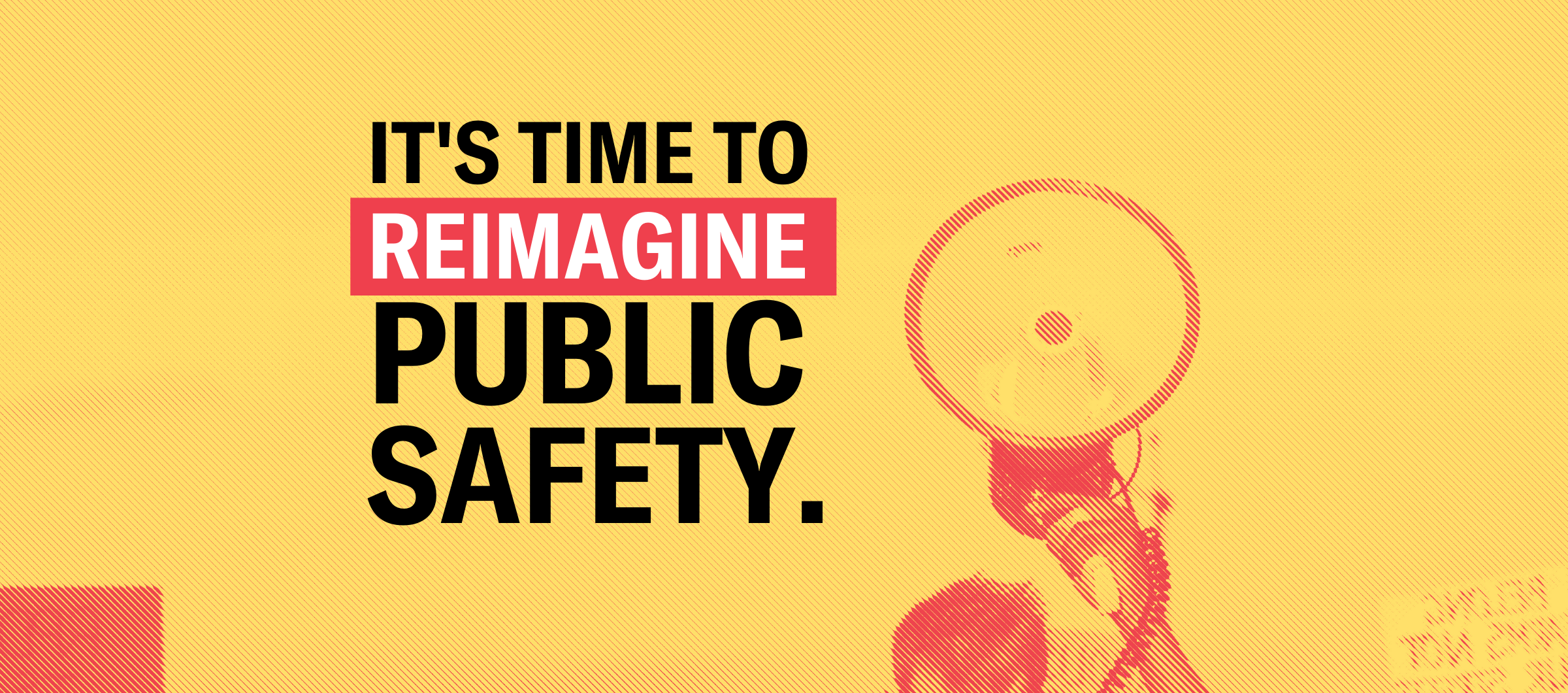On Constitution Day, I opened my inbox to these headlines:
“Troubling but unsurprising”: Black, Hispanic drivers stopped and searched by police at higher rate, state report finds. - The Virginian-Pilot
“At first debate, McAuliffe walks back support for ending qualified immunity for police.” - Virginia Mercury
“Virginia judge jails alleged domestic violence victim for smoking pot on day of court testimony.” - Virginia Mercury
As I read about Terry McAuliffe walking back his pre-primary support for ending qualified immunity for police, I got an annual calendar reminder about Gay Ellen Plack, who was shot to death by Henrico County police officers on this day in 2019 after they were called to her house by her doctor for a wellness check. Plack’s tragedy bears some similarity to that of Marcus-David Peters, a 24-year-old teacher who, just a year before that, also died at the hands of police while he was having a mental health crisis.
As the families of victims continue to grieve and demand accountability for these unjust, extrajudicial killings by police, Black and Brown Virginians continue to be stopped and searched at disproportionate rates. Meanwhile, in courtrooms, prisons, jails, and youth detention centers across the Commonwealth, people continue to be punished for marijuana despite its recent legalization.
How does any of this serve public safety?
When Black and Brown Virginians don’t feel safe when they see the red and blue lights in their rearview mirrors.
When people with mental illnesses are more likely to be hurt than cared for when encountering the police.
When the War on Drugs wreaks havoc on communities of color, tearing families apart and filling up prisons and jails with people who need treatment, not incarceration.
We must acknowledge that our current model of public safety, which relies heavily on police and prisons, isn’t working. It’s time to reimagine public safety and envision a different Virginia. To that end, the ACLU-VA has recently launched a website, www.reimaginepublicsafetyva.org, to provide community members with information and resources to aid conversations with friends, family, and lawmakers. This website is also a hub for you to take action, share your story, and continue the rallying call of last summer and years before to end police violence and defend Black lives. It’s our goal to bring together policy experts, community advocates, family members, and anyone who wants to raise awareness, raise hell, and advocate for a new vision of public safety across the Commonwealth.
Here are a few ways you can use this website to enact change:
- Learn about policy and legislative changes to end police violence, stop the targeting of Black and Brown people, and divest from policing to build safe, healthy communities.
- Act now to create a pathway for Virginians harmed by police to have their day in court, pick up tips on how to talk to your circle about reimagining public safety, and get involved with your local civilian review boards.
- Share your story of police encounters in Virginia.
- Know your rights when stopped by police.
- Spread the word by sharing this resource with your friends and family on social media.
Please take the time to explore the website, read the stories, take action, share information, and bring other people to the fight. Let us know your thoughts by emailing us at action@acluva.org. We welcome your feedback and input.
The work to reimagine public safety in Virginia should be led by the people closest to the problem: Black and Brown people who have been targeted, brutalized, terrorized, killed, and traumatized by an outdated public safety model that does little to keep all of us safe. This website is an effort to connect and engage with people across the Commonwealth to bring about the changes that save lives, foster healthy communities, and provide everyone with equitable opportunities to thrive.


